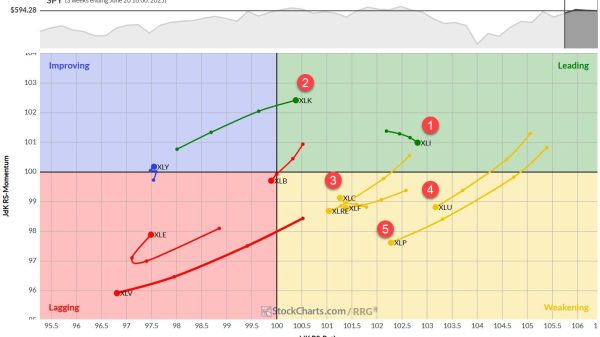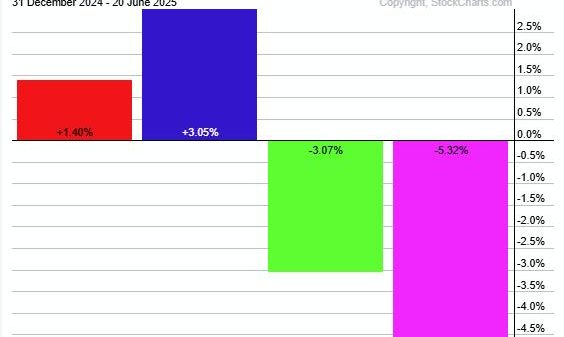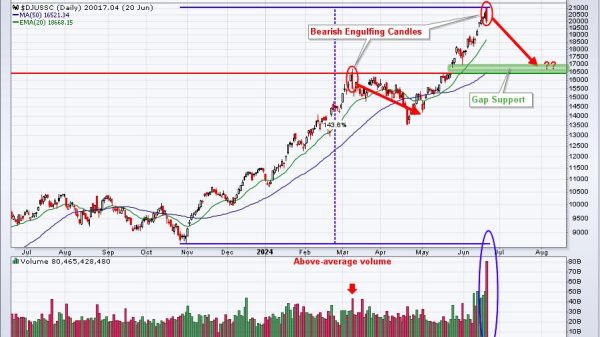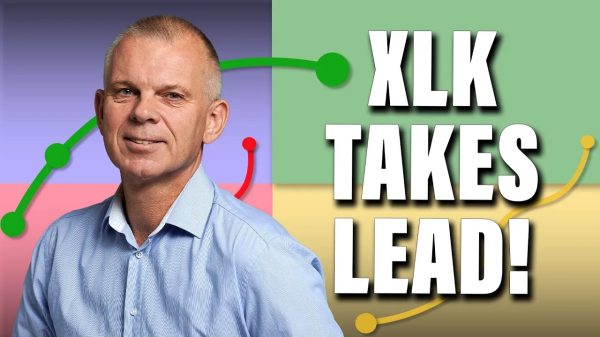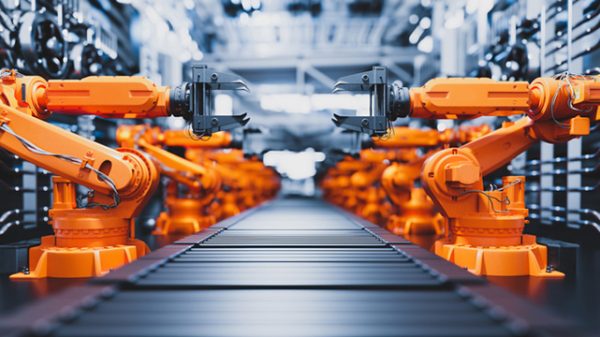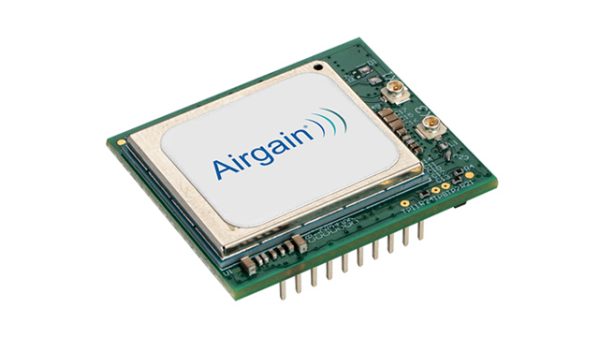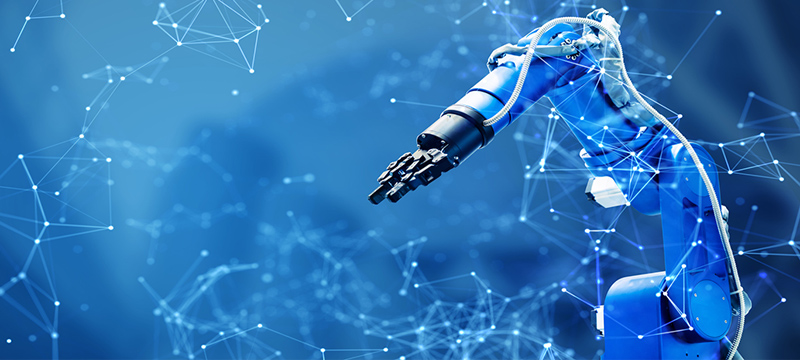In today’s interconnected world, the convergence of technology and industry has given rise to the Industrial Internet of Things (IIoT), a powerful force that is revolutionizing the way we operate, optimize, and innovate within various sectors. The IIoT, a subset of the broader Internet of Things (IoT), is reshaping industrial processes, enhancing productivity, and fostering new possibilities across a wide range of industries.
What is the Industrial Internet of Things?
The Industrial Internet of Things, often referred to as Industry 4.0, is the application of IoT technologies and concepts to the industrial sector. It involves the integration of smart sensors, data analytics, cloud computing, and machine-to-machine (M2M) communication into traditional industries, such as manufacturing, energy, transportation, and agriculture. These technologies enable the collection, analysis, and exchange of data to create more efficient and intelligent systems.
Key Components of IIoT
1. Sensors and Devices
At the core of IIoT are sensors and devices that collect data from the physical world. These devices are equipped with a variety of sensors, including temperature, pressure, motion, and more, which allow them to capture real-time information.
2. Connectivity
The data collected by sensors and devices is transmitted through various communication protocols such as Wi-Fi, Bluetooth, or cellular networks. This connectivity allows data to be sent to central servers or cloud platforms for analysis.
3. Data Analytics
Once the data is collected, it is processed and analyzed using powerful algorithms. Advanced analytics can uncover valuable insights, trends, and patterns that were previously hidden in the massive amounts of data generated.
4. Cloud Computing
Cloud platforms play a crucial role in IIoT, serving as the storage and processing hubs for the vast amounts of data generated. Cloud solutions enable real-time access to data, making it accessible to authorized stakeholders anywhere in the world.
5. Machine Learning and Artificial Intelligence
Machine learning and AI are integral to IIoT for predictive maintenance, anomaly detection, and process optimization. These technologies make it possible to respond to real-time data and automate decision-making.
Transforming Industries
The IIoT is transforming industries in various ways, leading to increased efficiency, improved safety, and a fundamental shift in business models.
1. Manufacturing
In the manufacturing sector, IIoT is revolutionizing production processes. Smart factories equipped with IIoT technologies can monitor equipment health, automate maintenance, and optimize production schedules. Real-time data analytics help manufacturers identify bottlenecks and inefficiencies, reducing downtime and waste. The result is increased productivity and cost savings.
2. Energy and Utilities
The energy and utilities sector is harnessing the power of IIoT to improve grid management, energy distribution, and asset maintenance. Smart meters and sensors allow for better monitoring of energy consumption, while predictive maintenance minimizes the risk of power outages. IIoT has the potential to significantly reduce energy waste and carbon emissions.
3. Transportation and Logistics
In the transportation and logistics industry, IIoT is improving supply chain visibility and efficiency. Fleet management systems equipped with IIoT devices can track vehicle location, monitor cargo conditions, and optimize delivery routes. This not only improves customer satisfaction but also reduces operational costs.
4. Agriculture
Agriculture is experiencing a digital transformation thanks to IIoT. Smart farming solutions utilize sensors and data analytics to monitor soil conditions, crop health, and weather patterns. This data helps farmers make informed decisions about irrigation, fertilization, and planting, ultimately increasing crop yields and reducing resource usage.
Challenges and Considerations
While the Industrial Internet of Things offers tremendous benefits, it also presents challenges that must be addressed:
1. Security and Privacy
The increased connectivity and data sharing in IIoT raise concerns about data security and privacy. Organizations must invest in robust cybersecurity measures to protect sensitive information from unauthorized access or cyberattacks.
2. Interoperability
With various devices and systems being integrated into IIoT ecosystems, ensuring interoperability between them can be complex. Standards and protocols must be established to facilitate seamless communication and data exchange.
3. Data Overload
The sheer volume of data generated by IIoT devices can be overwhelming. Organizations need to implement effective data management strategies to sift through the noise and focus on relevant information.
4. Workforce Training
The adoption of IIoT technologies requires a skilled workforce capable of managing and maintaining these systems. Investment in training and upskilling is necessary to harness the full potential of IIoT.
Future Trends of IIoT
The IIoT continues to evolve, and several key trends are shaping its future:
1. 5G Connectivity
The rollout of 5G networks promises faster and more reliable connectivity, enabling real-time data transmission and better support for IIoT applications.
2. Edge Computing
Edge computing, which involves processing data closer to the source, is gaining importance in IIoT. It reduces latency and can be crucial for applications that require rapid decision-making.
3. AI Integration
AI and machine learning will play an increasingly significant role in IIoT, providing intelligent insights and predictive capabilities to optimize industrial processes.
4. Sustainability
IIoT will contribute to sustainability efforts by improving resource management, reducing waste, and enhancing energy efficiency.
Conclusion
The Industrial Internet of Things is reshaping industries across the globe, unlocking new possibilities and revolutionizing the way we approach manufacturing, energy, transportation, and more. As organizations continue to invest in IIoT technologies, it is essential to address challenges related to security, interoperability, data management, and workforce training.
The future of IIoT looks promising, with advancements in 5G connectivity, edge computing, and AI integration. As the world becomes increasingly connected, the Industrial Internet of Things will continue to drive efficiency, innovation, and sustainability in a wide range of industries, ushering in a new era of digital transformation.
The post The Industrial Internet of Things (IIoT): Transforming Industries with Connectivity appeared first on IoT Business News.






